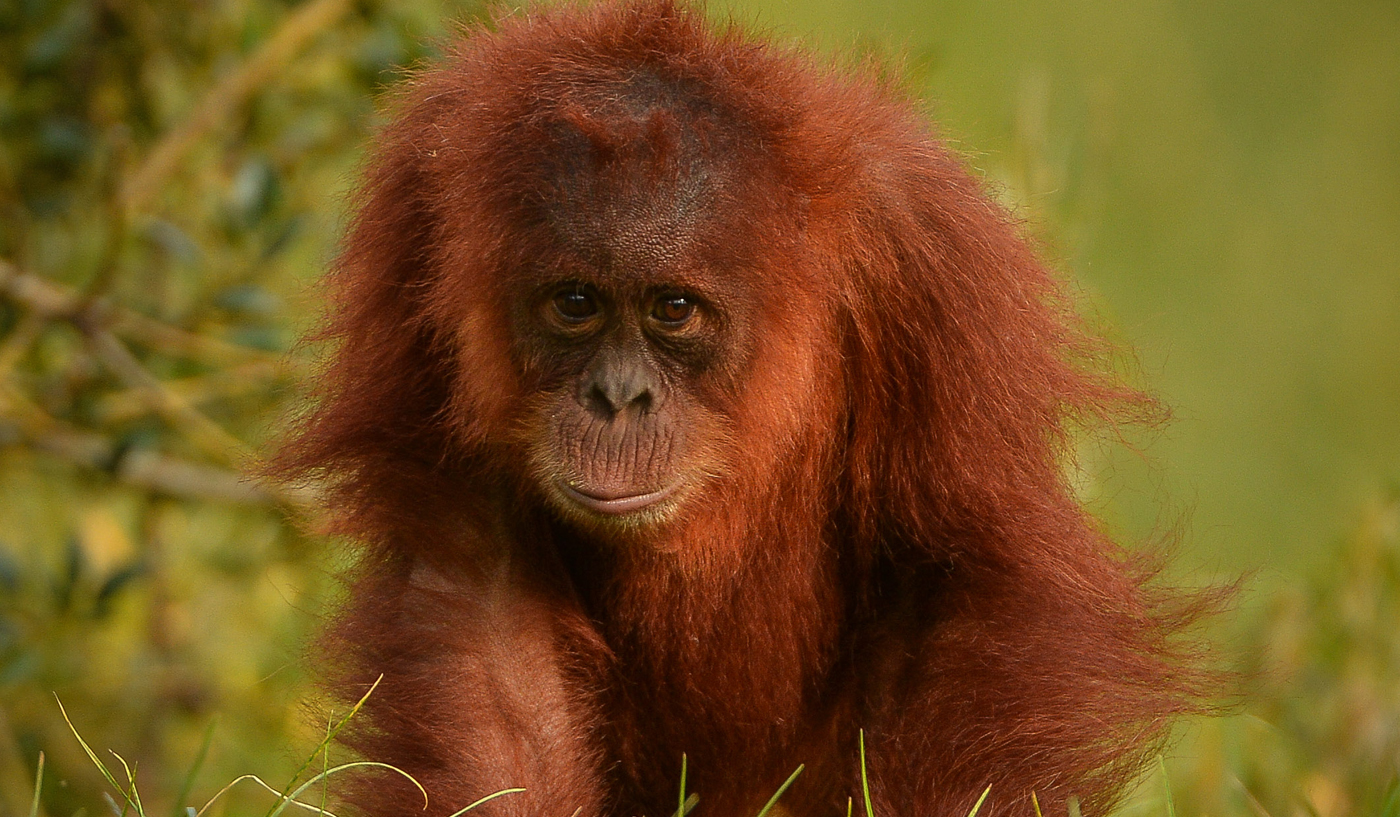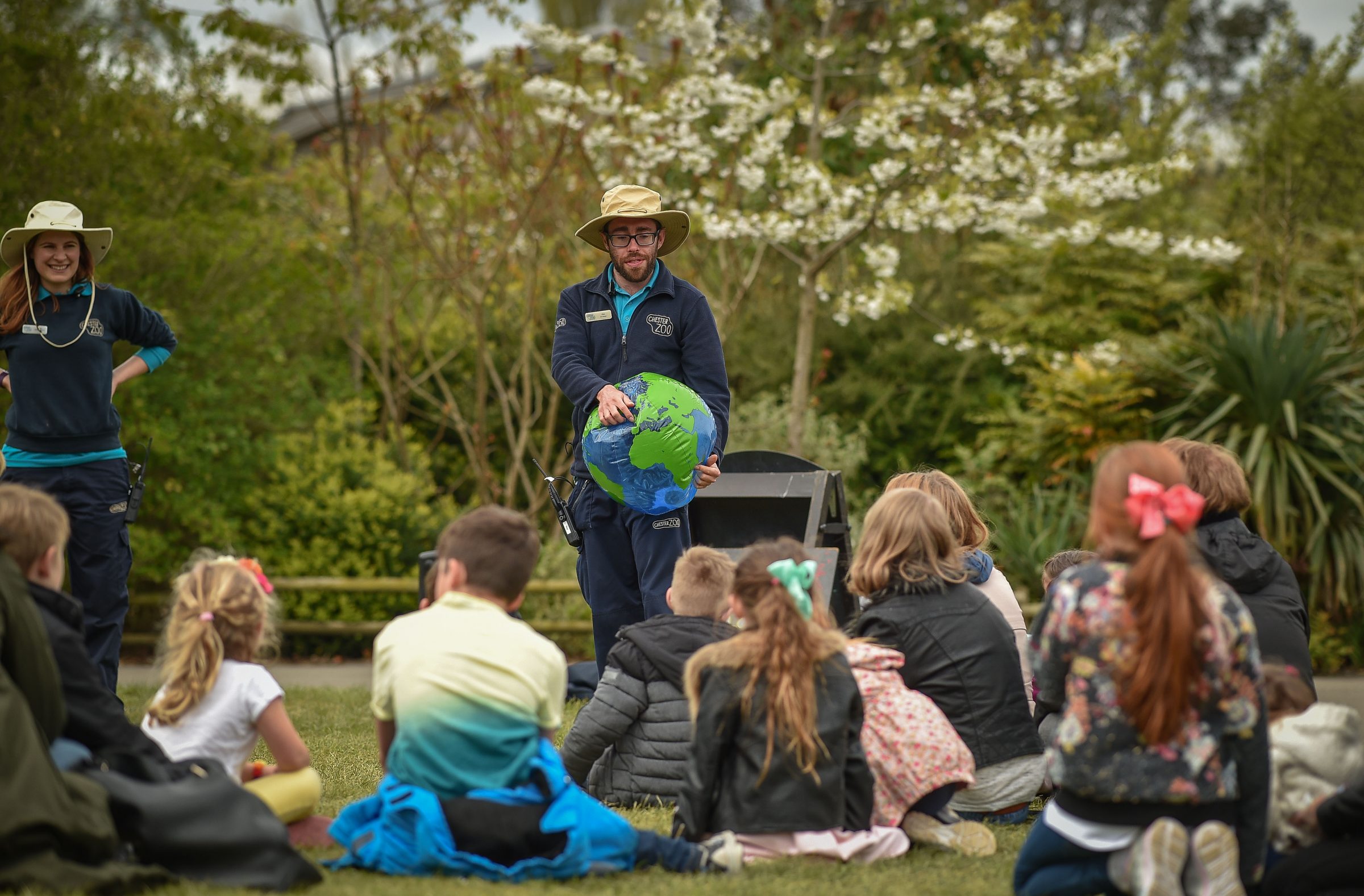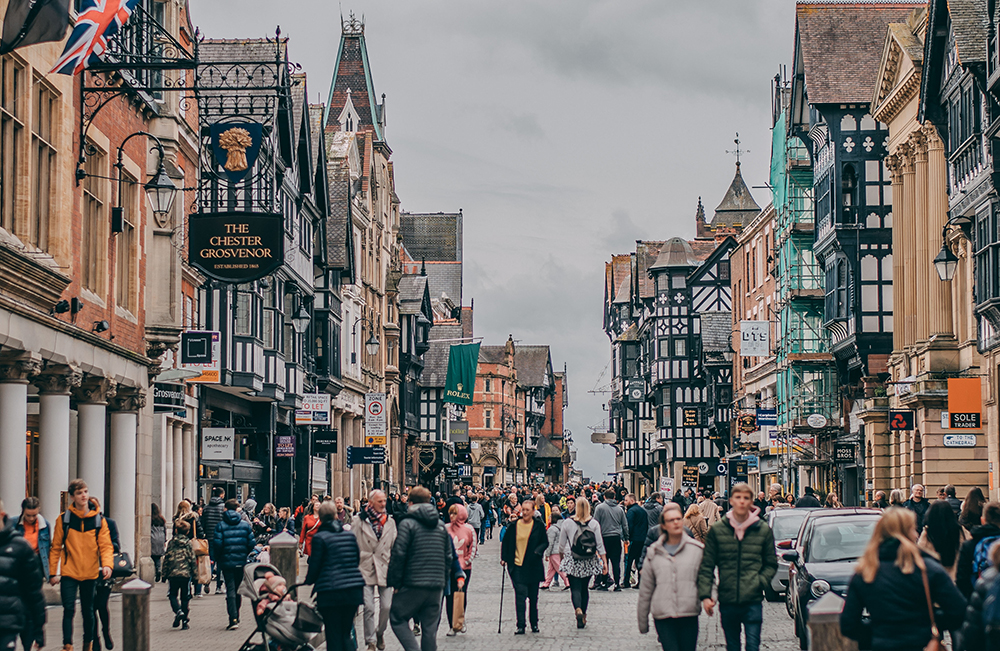The role of zoos in breaking the link between palm oil and deforestation
As a conservationist at Chester Zoo, I’ve seen first-hand the destruction and damage to forests across South East Asia and beyond, and the impact on biodiversity. For decades, our Field Programmes team have been working with local NGOs in various countries helping to prevent and reverse some of these, often human-induced, impacts on wildlife. Accredited zoos and aquariums today have a vital role to play in solving conservation challenges through restoring populations and landscapes but also educating the public and influencing policy. As trusted conservation organisations, we are uniquely positioned to be able to lead the way as sustainable businesses, whilst using our conservation and science expertise to influence others and provide a direct link to animals in our care and their counterparts in the wild. The journey to deforestation-free sustainable palm oil is one example of how we can use this approach to find innovative ways to tackle a conservation problem.

Chester Zoo’s journey
For many years we have worked directly with NGO HUTAN in Sabah, Malaysian Borneo as a key field partner. Vitally, working with HUTAN provided us with the information and knowledge needed to really start to understand the palm oil situation on the ground, and work towards a solution. The solution to us was simple in description, but the reality of how to achieve it was, and still is, the challenging part.
The palm oil industry was not going anywhere, habitat fragmentation and destruction had already occurred and moving to other vegetable oils would impact biodiversity in other countries and require more land for crops to be grown. The solution was to work towards all palm oil being deforestation-free. The certification scheme for sustainable palm oil, RSPO, at the time of the start of our campaign didn’t include deforestation-free criteria (as of 2018, it does). However as the most widely recognised certification scheme, we knew that working with and not against these standards was the key. Our goal was therefore simple: advocate for improvements in the current scheme whilst increasing demand for sustainable palm oil through campaigns and influencing. One of the key things we’ve found is that moving messaging with the times is vital. ‘Sustainability is a journey.’ We’re not at the end yet; things are constantly changing and we need to them to change, we need to ask more questions, get more answers, and adapt

Educating and influencing
Our first steps focussed on internal communication and procurement, ensuring staff and suppliers understood the palm oil issue and the solutions available. We created our own procurement policies to ensure we were using Certified Sustainable Palm Oil (CSPO) in our own supply chains. We then established a public programme to communicate this complex conservation issue, working to influence business, the palm oil industry, national and international governments and certification schemes.
With over 2 million visitors on non-COVID years, our zoo ranger and volunteer teams delivered complex messages to our visitors. Our conservation education teams at the zoo worked with local schools, producing whole school campaigns on sustainable palm oil which delved into the topic, providing much more information than catchy boycott headlines on social media, and really encouraged the children to think about the consequences of various actions. Creating a generation of critical thinkers is key to solving future conservation problems.
As conservation organisations, it’s critical that we don’t work in silos. Whilst also working with field partners, the industry, manufacturers and certification schemes, working collaboratively within our own industry (national and international zoo association bodies) to amplify a joint message on palm oil was key to giving consistent messaging. In November 2017, the World Association of Zoos and Aquariums (WAZA) signed a memorandum of understanding with the Roundtable on Sustainable Palm Oil (RSPO) and a global WAZA palm oil group was set up to assist other members in setting up sustainable palm oil programmes, helping zoos to lead the way in facilitating a shift to a more sustainable global market.

Behaviour change
In 2017, we took this next step on our journey and launched a behaviour change programme ‘Sustainable Palm Oil Communities.’ The aim was to increase demand for sustainable palm oil within our local community of Chester. This project created a network of organisations in Chester, all united to help tackle the crisis. Empowerment is at the heart of our approach, and by creating a community of like-minded, we saw enthusiasm for the project grow. Our strategy with this project, however, wasn’t about numbers of businesses alone but selecting organisations that could help us with social diffusion. This included a range of different companies able to influence different stakeholders and consumers. We wanted to spread our message more broadly across the city region and beyond, so that mix of education and public institutions, hospitality, retailers, manufacturers and cultural institutions was key to creating the tipping point and creating the noise that we needed to achieve our goals.
Involving our local MP also meant we were able to take the project launch to Westminster, really expanding our reach. In 2019 we were able to announce Chester as the World’s first Sustainable Palm Oil City in 2019. Cities and towns nationwide are now working with us to take on the concept in their own area, with seven communities in total now having launched their programmes, many of whom are working with local zoos or aquariums as key champions in the region.

So, what can zoos can do to help break the link between palm oil and deforestation?
We can really use our influence in the community, as a business and conservation organisation, to educate about the biodiversity crisis and the solutions.
- Engage with on-the-ground conservation projects impacted by unsustainable palm oil
- Work together with national and regional zoo associations, sharing resources and ideas
- Inform and educate through public and school programmes
- Transform supply chains and work directly with suppliers
- Use positions in the community to influence change
- Influence own country policies
To succeed, collaboration is key. Working together with scientists, conservationists, communicators, growers, manufacturers, retailers, industry and consumers. Involving people with a broad mix of values, motivations and expertise makes better solutions. Only by having money-makers and change-makers talking together and collaborating can we find mutually beneficial opportunities to bring about change.
Want to know how you can make a difference?